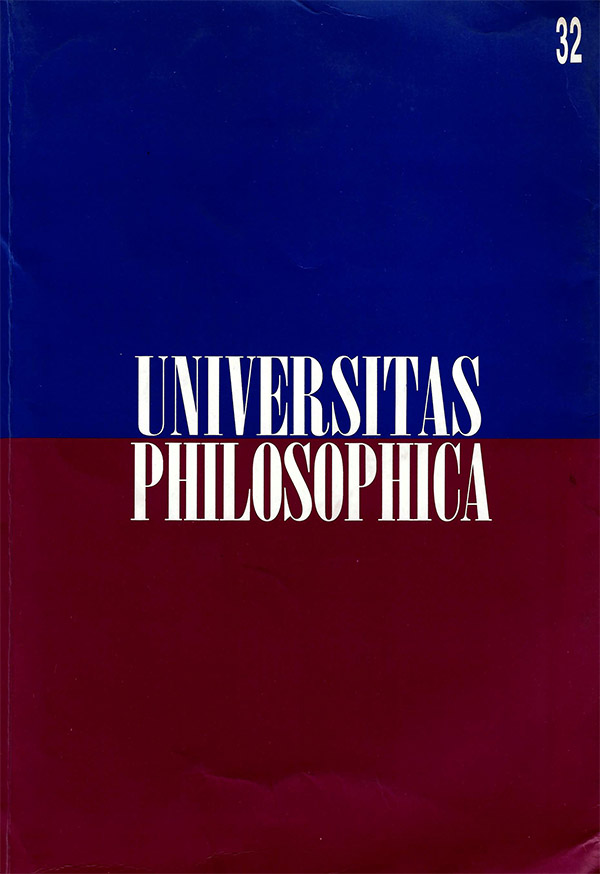Abstract
This text aims not at a systematic presentation of Wittgenstein's thought about religious experience and language but rather at calling attention to the fecundity of such a thought for revitalizing and renewing philosophy, specially philosophy of religion in Latin America. After the presentation of characteristic features of Wittgenstein's philosophy and its influence in 20'th century thought, the author undertakes the exposition of the most relevant features of religious experience and language according to the austrian philosopher. An overlook of the principal Wittgenstein's mystic-religious work sallows him to undercover the originality of religious experience and language, its irreductibility to other language games (for instance, cognitive- descriptive ones) and, at the same time to denonce a danger menacing our culture: the reduction of religious language to metaphysical one. The text ends stressing the function of religious language to maintain alive and active in human conciousness the experience of mystery and permanent surprise, essential for an authentic human existence.This journal is registered under a Creative Commons Attribution 4.0 International Public License. Thus, this work may be reproduced, distributed, and publicly shared in digital format, as long as the names of the authors and Pontificia Universidad Javeriana are acknowledged. Others are allowed to quote, adapt, transform, auto-archive, republish, and create based on this material, for any purpose (even commercial ones), provided the authorship is duly acknowledged, a link to the original work is provided, and it is specified if changes have been made. Pontificia Universidad Javeriana does not hold the rights of published works and the authors are solely responsible for the contents of their works; they keep the moral, intellectual, privacy, and publicity rights.
Approving the intervention of the work (review, copy-editing, translation, layout) and the following outreach, are granted through an use license and not through an assignment of rights. This means the journal and Pontificia Universidad Javeriana cannot be held responsible for any ethical malpractice by the authors. As a consequence of the protection granted by the use license, the journal is not required to publish recantations or modify information already published, unless the errata stems from the editorial management process. Publishing contents in this journal does not generate royalties for contributors.


